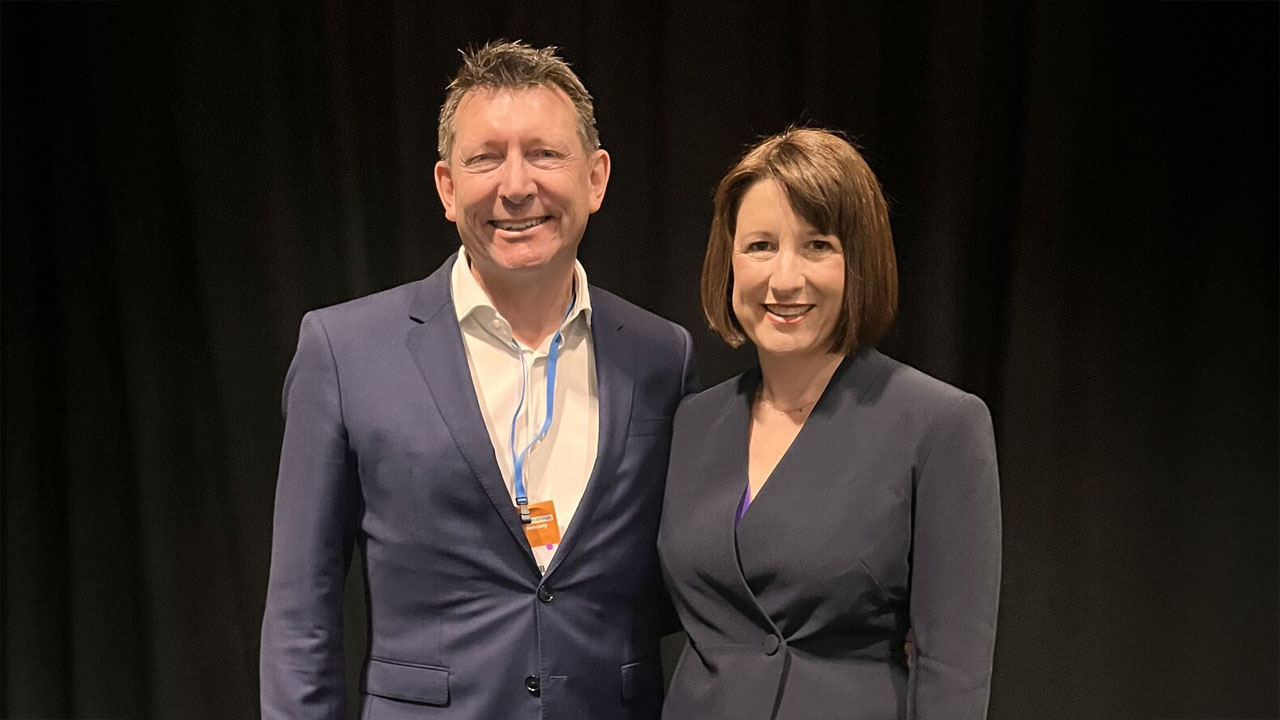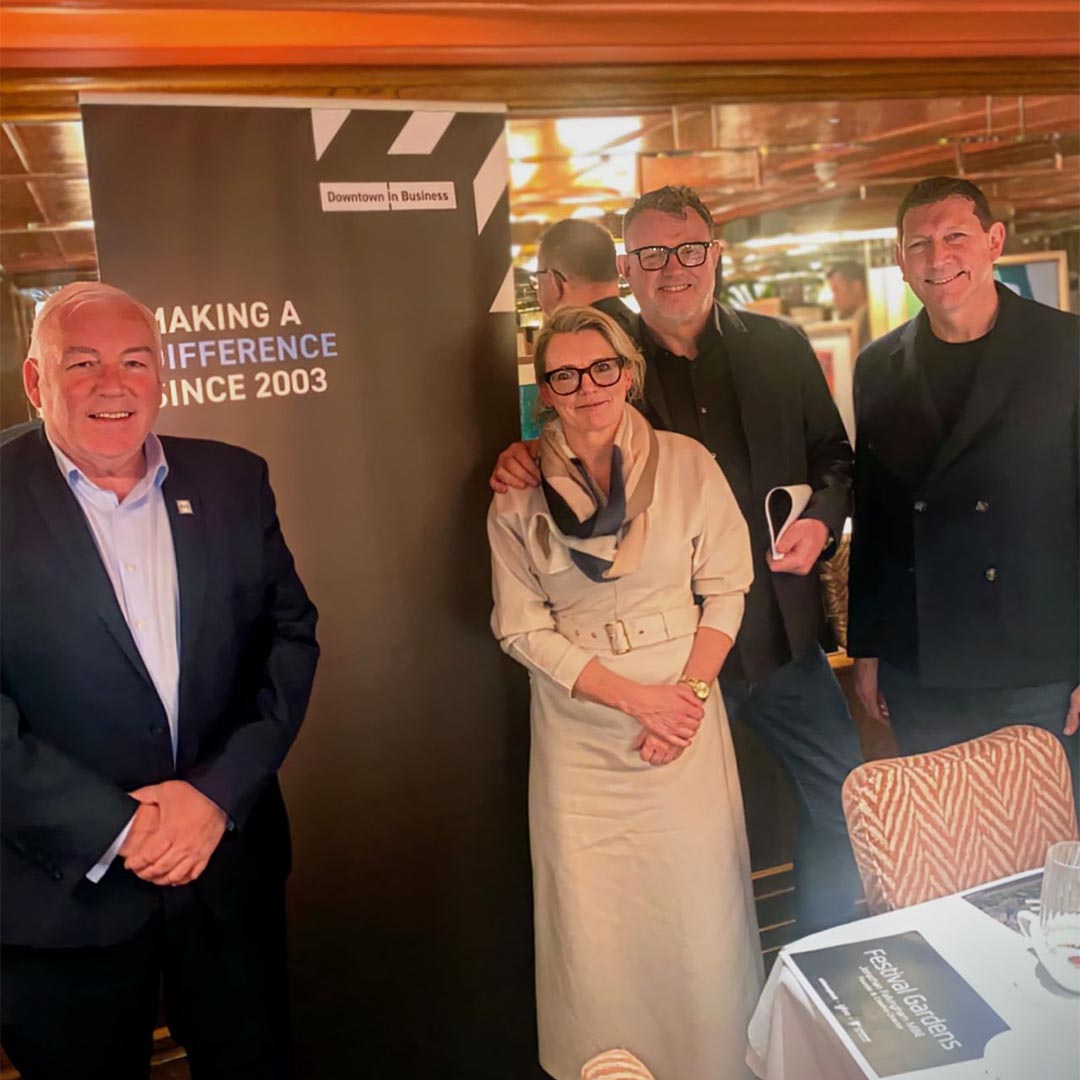The group chair and chief executive of Downtown in Business, Frank McKenna, has broadly welcomed Chancellor Rachel Reeves’ Spending Review announcement this week- but has said that the government now needs to crack on with radical planning reforms, a transformation of the welfare system, and investment into the skills agenda if it is to deliver on its ambition for economic growth.
Mr McKenna said:
“From a business perspective, the most welcome announcements were around transport investment across the regions, and a £39bn commitment to the building of affordable housing.
“In particular, I was delighted to see support for the Liverpool to Manchester rail link, which has been championed by Mayors Andy Burnham and Steve Rotheram, and supported by DIB and other business groups across the Northwest.
“The investment into the Sports Quarter in Birmingham was another stand out initiative that will bring opportunity and growth to the city, and I know how pleased Leeds and Newcastle leaders are with the transport and infrastructure support they will receive.”
However, McKenna warned that the ambitions laid out by the Chancellor can only be delivered if there are some radical changes to planning legislation, welfare policy, and the skills agenda.
“The fragility of the economy was further evidenced today (Thursday), with growth shrinking by 0.3%, largely because of the Trump Tariffs.
“We need to do what we can to insulate ourselves as much as possible from the inevitable geopolitical shocks that will continue for the foreseeable future.
“The continued work to reset our trading relationship with the EU is essential, and I hope that the initial proposals that provided an environment for further collaboration with our European neighbours at the recent UK/EU Summit will go faster and further.
“However, the big challenge for the government in terms of its fiscal position is welfare reform. Before the pandemic, the UK was spending £8bn on benefits supporting people of working age who were unemployed. That figure is now a staggering £49bn.
“Overall, by 2030 the welfare budget is projected to hit £370bn. That is simply not sustainable, and so some Labour backbenchers kicking off about a £5bn welfare cut that is currently being discussed seems, to put it mildly, naïve.
“We need to get people who can work back into work, and that also means investing some of the welfare savings into training and skills. Building new homes and upgrading
our infrastructure, which is essential if we are to achieve economic growth, require a huge boost in the number of skilled workers to deliver these projects. If we are determined to block migrant workers – then fast-tracking workforce development must be a priority.
“Similarly, on housebuilding, we need to support Modern Methods of Construction and get on with those much-needed planning changes. The bad news for Deputy prime minister Angela Rayner is that some Labour councils are now downgrading their housing targets in their latest local plans. Central Lancashire is a live example of this. The government needs to get busy demonstrating its pro-build, pro-growth credentials by overturning some of these parochial anti-growth proposals that are being brought forward.”
Mr McKenna concluded:
“Overall, the Chancellor, against a difficult backdrop, has offered some cause for optimism in her latest statement. Nevertheless, for some of her key priorities to be delivered there will need to be greater powers to devolved authorities and mayors included in the soon to be published Industrial Strategy, courage on the welfare agenda, and genuine commitment to cutting red tape, bureaucracy, and improving procurement processes.
“It is a big and challenging agenda. But if the government is serious about growth, then the private sector will get right behind them.”









